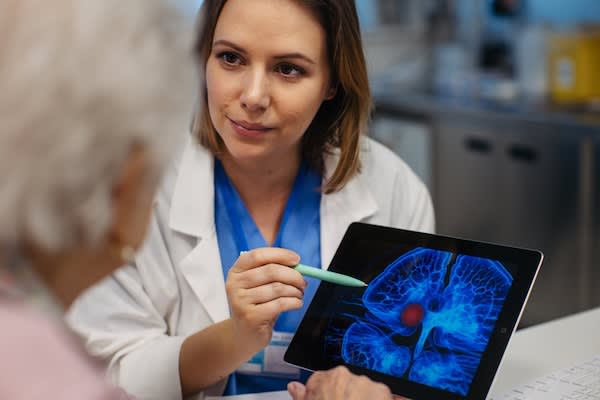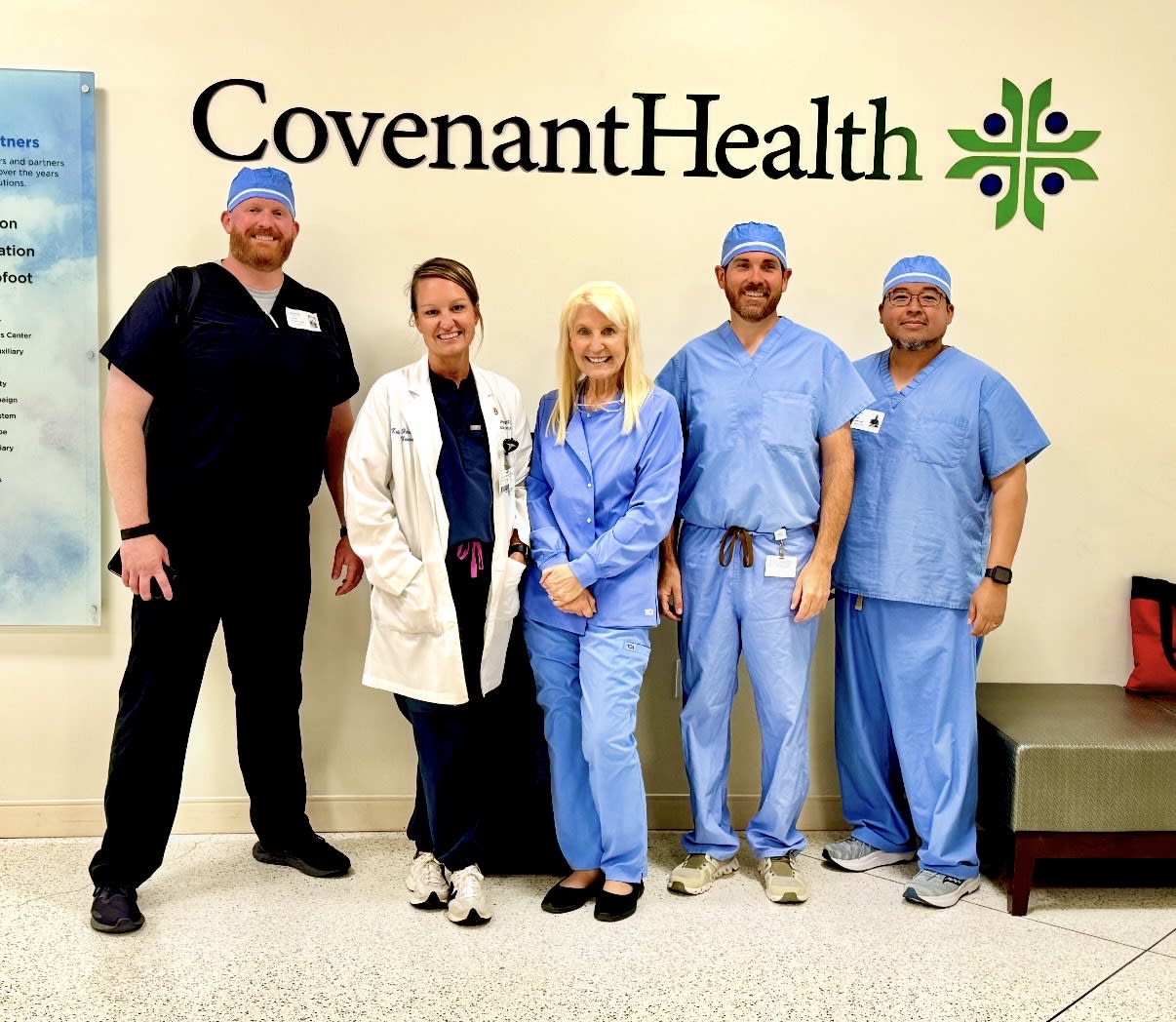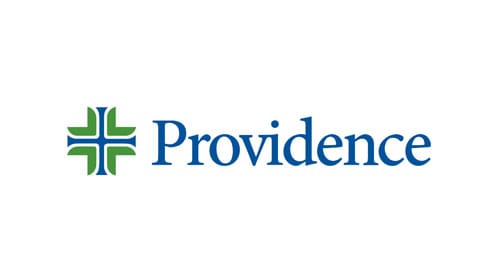Treating Movement Disorders
When you’re diagnosed with a movement disorder, you may wonder how it will affect your ability to work and participate in other activities. We understand. This is why we provide compassionate care and support to help you keep doing the things you love.
Why Choose Us for Your Movement Disorder Care?
At Providence, we care for your mind, body and spirit, so you can live your best life. With more than 14,000 appointments each year, here’s why patients with movement disorders choose Providence:
How Our Doctors Are Making a Difference
Bill Bezanson had focused ultrasound at Providence to stop the essential tremor that was taking over his life. Thanks to the procedure, Bill says he “feels human again.”
More About Movement Disorders
Movement disorders affect how you move your body. They can cause problems like shaking, stiffness or difficulty with coordination, making it hard to do everyday things like eating or driving a car. Some movement disorders may be treated with medication or managed with supportive aids such as weighted eating utensils, which are heavier than standard utensils to help stabilize the hand and arm to reduce tremors. Other movement disorders may require surgical treatment.
Types of movement disorders include:
- Dystonia
- Essential tremor
- Huntington’s disease
- Parkinson’s disease
- Tourette syndrome
Testing and Diagnostics

Your neurological team will use the most advanced tools to diagnose your movement disorder. These may include one or more of the following:
- Autoimmune panels
- DaTscan
- Genetic testing
- MRI
- Neuropsychological testing
- Non-invasive wearable sensors
- Swallow evaluations
- Syn-One biopsy
Personalized Treatment for Movement Disorders
There are many kinds of movement disorders, and each patient can experience different symptoms. This is why your care team works with you to create a treatment plan based specifically on your needs. Your plan may extend beyond your initial treatment to include rehabilitation and lifestyle changes. Treatment may include one or more of the following therapies:
- Botulinum toxin injections
- Deep brain stimulation (DBS)
- Magnetic resonance guided focused ultrasound (MRgFUS)
- Occupational therapy
- Physical therapy
- Prescription medications
- Speech therapy
- Wearable neurostimulation devices
Find Neurological Care Close to You
Meet the Team
At Providence, you'll have access to a vast network of dedicated and compassionate providers who offer personalized care by focusing on treatment, prevention and health education.
Expert Tips and Advice





